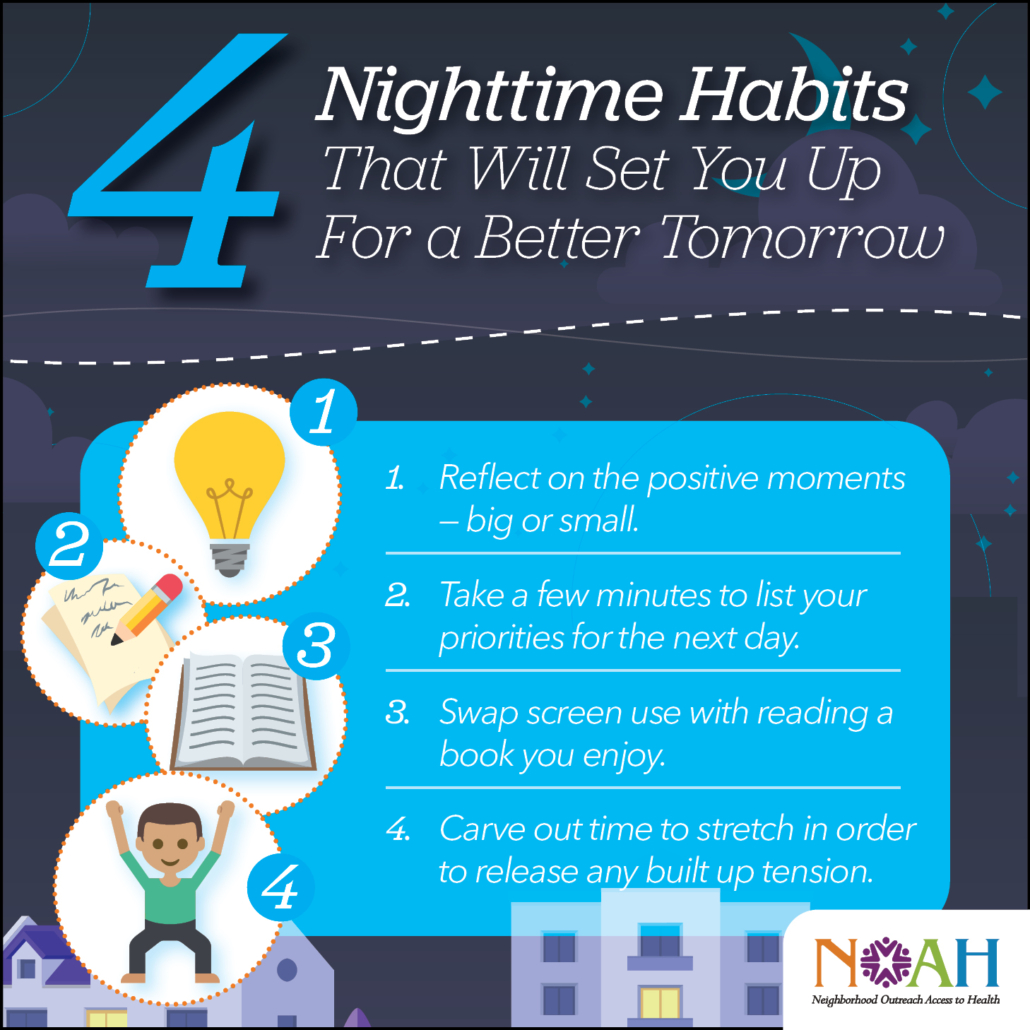Tips to Treat Nosebleeds in Children by Dr. Debbie Bauer, Pediatrician
“Nosebleeds are very common in children, especially during these winter months,” says Debbie Bauer, Pediatrician. The dry air from outside combined with the dry air from heaters inside can make the skin inside the nose more fragile and sensitive. This is one of the most common reasons children get nosebleeds. Some children also get nosebleeds from picking their nose, from sniffling too much from allergies/colds, or of course from being hit in the nose.
Learn what to do if your child has a nosebleed and when to get help from a doctor below. Also, check out our tips on how to prevent nosebleeds from coming back!
What should you do if your child has a nosebleed?
– First, don’t panic! Nosebleeds are rarely serious. Your child will have an easier time following your instructions if you remain calm.
– Have your child sit down and put their head slightly forward, NEVER have them tilt their head backwards.
– Put firm pressure on either side of their nose with your fingers and hold it there for 10 minutes.
– After 10 minutes, check to see if the bleeding stopped. If it hasn’t, hold firm pressure again for 10 more minutes.
– When bleeding has stopped, gently clean blood off their face with water but do not put anything in their nose or have them forcefully blow their nose.
When should you get help from a doctor?
– If your child has a nosebleed for more than 20 minutes without stopping.
– If your child looks very pale, weak or sweaty.
– If you see blood in your child’s urine or stool.
– If your child has strange, unexplained bruises.
– If frequent nosebleeds are concerning you.
How can you prevent nosebleeds?
– You can use a saline nasal spray to keep their nose from getting dry.
– You can use a humidifier in their room.
– You can apply a small amount of Vaseline inside their nose carefully with a Q-tip.
– If your child picks their nose, keep their fingernails trimmed short.
At NOAH, we’re here for you. If you have any questions for your child’s pediatrician, give us a call at 480-882-4545. You can also send a message to your pediatrician via your child’s MyChart account.


